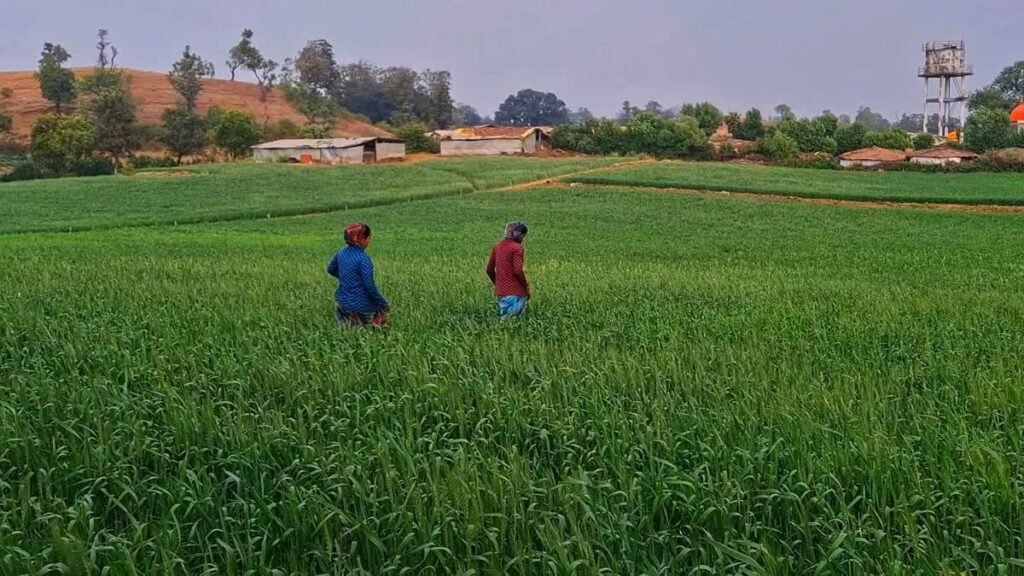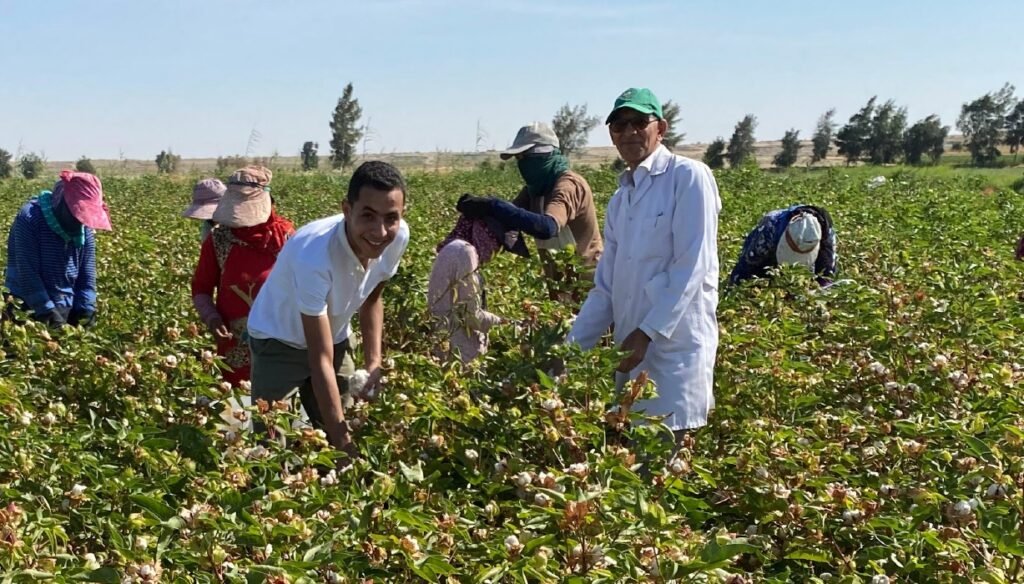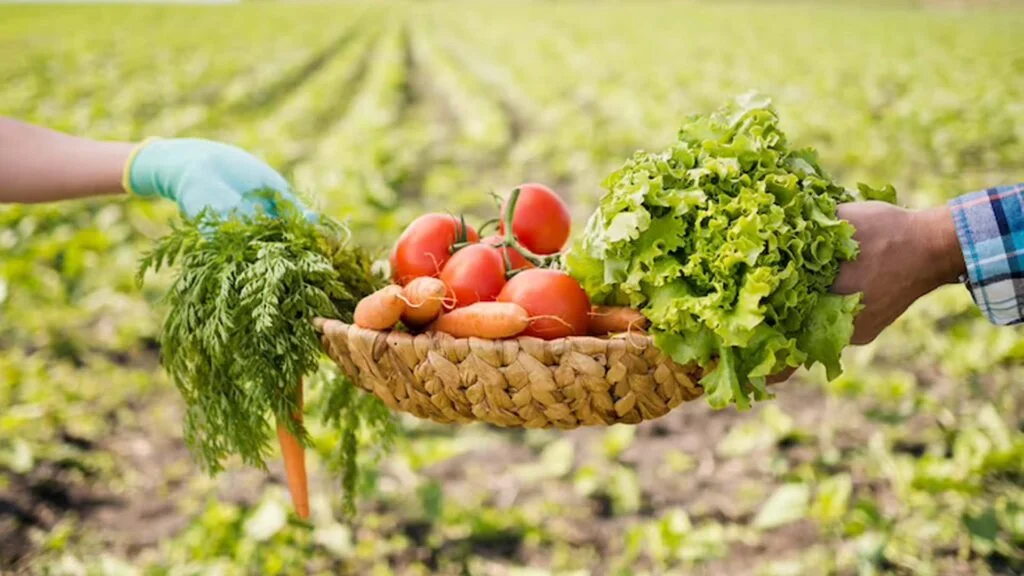Introduction
Enhancing farmers’ skills is crucial for improving agricultural productivity, sustainability, and resilience in the face of global challenges such as climate change and food security. Workshops and training courses provide valuable opportunities for farmers to acquire new knowledge, learn innovative practices, and engage with experts in the field. By focusing on practical skills development, these educational initiatives empower farmers to optimize their operations and adapt to changing agricultural landscapes.
This article explores various strategies for enhancing farmers’ skills through workshops and training courses, highlighting successful approaches and best practices.
Effective Strategies for Skill Enhancement

1. Needs Assessment
Conducting a comprehensive needs assessment is essential for identifying the specific skills gaps among farmers for Enhancing farmers’ skills
- Engagement with Stakeholders: Involve local farmers, agricultural experts, and community leaders to gather insights into the challenges faced by farmers. This engagement ensures that training programs are tailored to address relevant issues .
- Resource Mapping: Assess existing resources, including available training materials and facilities, to determine how best to support skill development initiatives .
2. Curriculum Development
Developing a relevant and practical curriculum is critical for effective training programs for Enhancing farmers’ skills
- Modular Training Materials: Create modular curricula that cover various aspects of agriculture, such as sustainable farming practices, pest management, soil health, and modern agricultural technologies. This allows for flexibility in learning .
- Integration of Traditional Practices: Ensure that the curriculum respects local agricultural traditions while incorporating modern techniques to create a holistic learning experience .
3. Training of Trainers (ToT) Workshops

Building the capacity of local trainers is vital for delivering effective training programs for Enhancing farmers’ skills
- Selection of Trainers: Identify individuals within the community who possess strong agricultural knowledge and a willingness to teach others. These trainers can serve as local champions of agricultural innovation .
- Hands-On Training: Organize intensive ToT workshops that combine theoretical knowledge with practical sessions to equip trainers with teaching methodologies and interactive techniques .
4. Farmer Field Schools (FFS)
Implementing Farmer Field Schools provides hands-on training experiences in real agricultural settings.
- Interactive Learning: Facilitate sessions where trained local trainers guide farmers through practical demonstrations on topics such as planting techniques, irrigation methods, and integrated pest management .
- Peer Learning: Encourage active participation among farmers through group discussions and problem-solving activities that promote knowledge exchange .
5. Establishing Demonstration Farms

Setting up demonstration farms can showcase best practices and innovative technologies.
- Real-World Applications: Identify suitable land for demonstration farms where sustainable farming practices are implemented. This allows farmers to observe successful techniques in action .
- Guided Tours: Organize regular tours for farmers to visit demonstration farms, providing opportunities for hands-on learning and direct interaction with successful farming methods .
6. Monitoring and Evaluation
Continuous monitoring and evaluation are essential for assessing the effectiveness of training programs.
- Feedback Mechanisms: Establish systems to collect feedback from participants regarding their experiences and challenges faced during training .
- Impact Assessment: Use collected data to measure changes in yield, income, and adoption of new practices among trained farmers . This information can help refine future training initiatives.
7. Knowledge Sharing Platforms
Facilitating knowledge sharing extends the impact of training programs beyond initial participants.
- Digital Resources: Develop online platforms or websites to host educational materials, success stories, and resources accessible to all farmers .
- Community Events: Organize workshops, seminars, or agricultural fairs where trained farmers can share their experiences with neighboring communities, promoting broader knowledge dissemination .
Conclusion
Enhancing farmers’ skills through workshops and training courses is vital for fostering innovation, sustainability, and resilience in agriculture. By conducting needs assessments, developing relevant curricula, implementing hands-on training initiatives like Farmer Field Schools, establishing demonstration farms, and facilitating continuous monitoring and knowledge sharing, agricultural education can empower new generations of farmers. As the agricultural landscape continues to evolve, investing in skill enhancement will be essential for ensuring food security and promoting sustainable farming practices.
Get involved in local agricultural education initiatives—consider participating in or organizing workshops that support skill development among farmers!
Q&A Section
Q: Why is it important to assess the needs of farmers before implementing training programs?
A: Assessing needs ensures that training programs are tailored to address specific challenges faced by farmers, making them more relevant and effective.
Q: What are Farmer Field Schools (FFS)?
A: FFS are interactive learning environments where farmers receive hands-on training on various agricultural practices facilitated by trained local trainers.
Q: How can technology enhance agricultural education?
A: Technology can facilitate online learning platforms that provide access to educational resources, enabling broader reach and continuous learning opportunities for farmers.
Resources
- Enhancing Agricultural Education and Training Programs – FundsforNGOs
- Training on Capacities and Skills Development – FAO
- Examples of Approaches to Encourage Skills Development – EU CAP Network
- Skill Enhancement Courses – Roorkee College of Engineering







